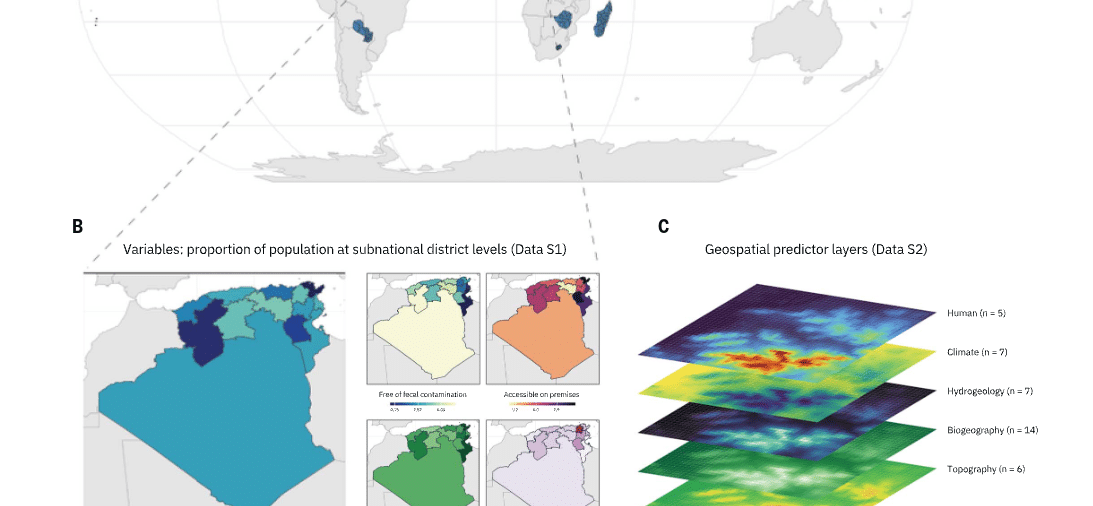Learn more on Science.org
Abstract
Safe drinking water access is a human right, but data on safely managed drinking water services (SMDWS) is lacking for more than half of the global population. We estimate SMDWS use in 135 low- and middle-income countries (LMICs) at subnational levels with a geospatial modeling approach, combining existing household survey data with available global geospatial datasets. We estimate that only one in three people used SMDWS in LMICs in 2020 and identified fecal contamination as the primary limiting factor affecting almost half of the population of LMICs. Our results are relevant for raising awareness about the challenges and limitations of current global monitoring approaches and demonstrating how globally available geospatial data can be leveraged to fill data gaps and identify priority areas in LMICs.
Editor’s summary
The availability of safe drinking water is far from universal, but exactly how it varies geographically and why this occurs is not well understood. Greenwood et al. combined Earth Observation data, geospatial modeling, and household survey data to estimate that only one in three people in low- and middle-income countries have access to safely managed drinking water services (see the Perspective by Hope). Fecal contamination is the primary limiting factor, affecting almost half of the population of these regions. This means that more than 4.4 billion people in poorer countries lack safe drinking water, a number more than twice as high as some other estimates. —Jesse Smith






